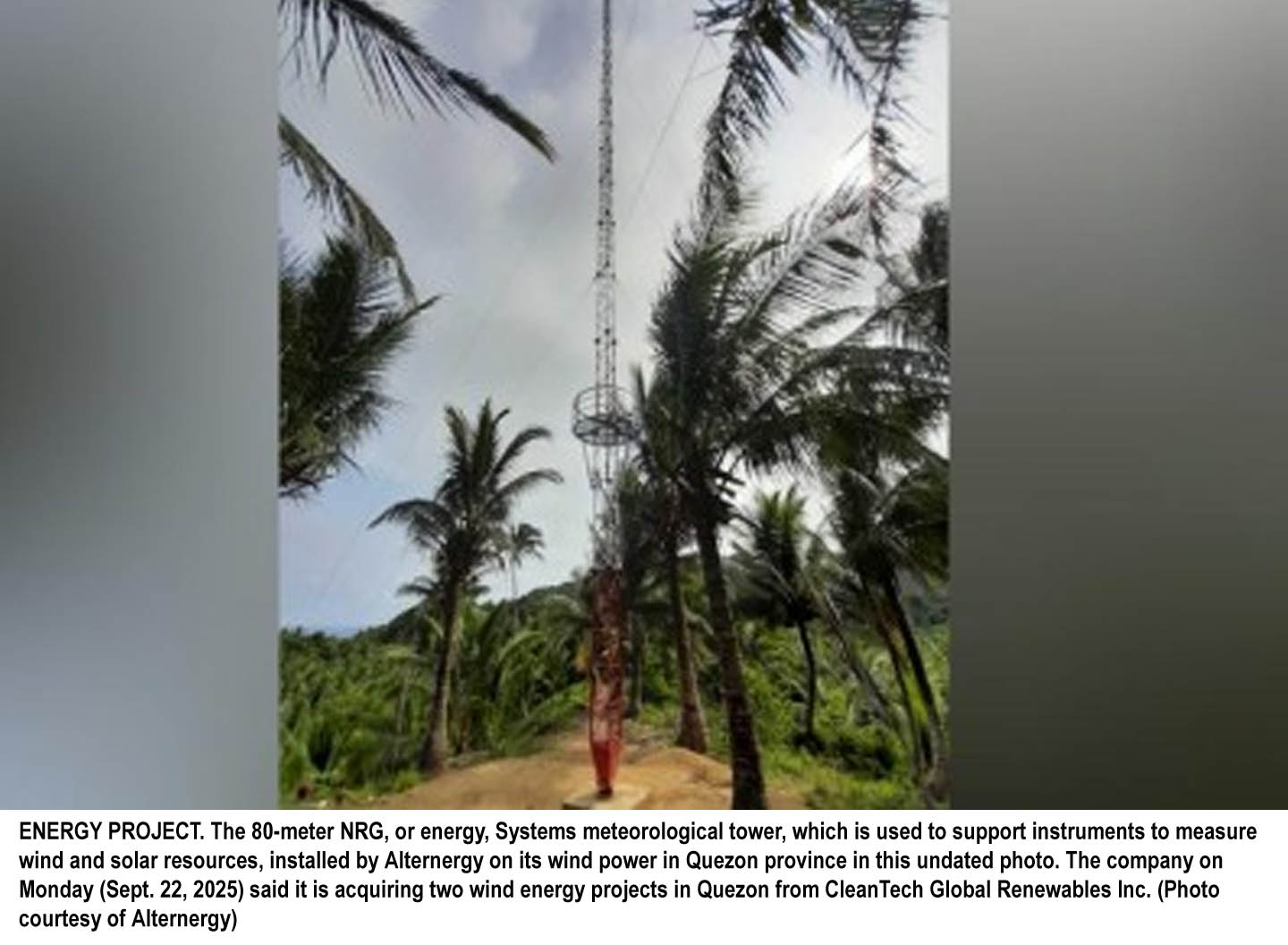Arun Pudur Joins the Billionaire Race to write the Future of Humanity from Earth, Mars and beyond
Technology | System Posted on 2025-08-17 19:46:57

From
Space, AGI, Quantum, Streaming to Fintech, Arun Pudur's Billions and Celframe
Superstack raises the stakes for Silicon Valley and Wall Street alike
The future is not about one company or nation winning, but about fixing
what is broken so humanity as a whole can rise.”
— Arun Pudur, Founder & CEO,
Celframe Corporation
NEW YORK, NY, UNITED STATES, /EINPresswire.com/
-- A New Billionaire Force Emerges In the global billionaire race that has shaped
the past two decades, a new contender has entered the arena. Billionaire Investor Arun Pudur,
the quietly ambitious entrepreneur from Asia, is rapidly positioning himself
among the ranks of Elon Musk, Jeff Bezos, Sam Altman, and Mark Zuckerberg. With
a $100 billion fund already fueling his ventures, Pudur & Celframe are heating up
a future that is no longer about single industries, but about reshaping
humanity’s next chapters.
“I am not here to reinvent what others are
already doing well,” Pudur told a group of early backers. “I am here to
accelerate the parts they missed and fix the mistakes they overlooked.”
From Mars to Metals
Elon Musk has dominated the conversation around
Mars for over a decade. His SpaceX rockets have become synonymous with
humanity’s interplanetary dreams. Yet Pudur has introduced Project Astro Metal,
a bold initiative that reframes the conversation. Instead of only focusing on
rockets, he is connecting space exploration to the essential question of
resources.
Asteroid mining and planetary metals are no
longer science fiction. With Bill Gates, Jeff Bezos, and Jack Ma backing KoBold
Metals, the stage was already set. Pudur has now entered the same conversation,
not as a challenger, but as a peer pushing the momentum forward.
“Space will not just be about who lands first,”
says a senior venture capitalist briefed on Project Astro Metal. “It will be
about who controls the resources that make settlement possible. That is where
Pudur’s strategy gets interesting.”
Core Intelligence and the AI Wars
The artificial intelligence boom has crowned Sam
Altman’s OpenAI as one of the most valuable ventures in history, touching a
valuation near $500 billion. But Pudur’s Project Core is emerging as a rival
engine, focusing on something the current AI giants have not yet solved: the
convergence of AI, blockchain, and decentralized architecture.
Mark Zuckerberg has doubled down on the
metaverse, Musk on xAI, and Altman on scaling models. Pudur is choosing a path
that combines all three threads while addressing what critics call the
“fragility” of centralized AI. “Intelligence must be owned by humanity, not
locked inside walled gardens,” Pudur remarked at a private gathering in Dubai. Industry insiders now see Project Core as the
missing piece in the AI arms race. “This could be the system that makes AI not
just smarter, but sovereign,” one investor said.
Entertainment and the Power of Stories
While Silicon Valley pours billions into
hardware and algorithms, Pudur is quietly rewriting Hollywood’s playbook. With
an AI-driven content platform, his venture is producing films, series, and
shorts at scale and at a fraction of the cost of traditional studios. “Netflix
and Disney spent decades building distribution,” Pudur explained, “but the
future is not about libraries, it is about velocity.”
Spotify reinvented music distribution, but
creators still complain about royalties and reach. Pudur’s platform is designed
to merge AI creation with fairer economics for artists, a solution that could
pressure the very foundations of Hollywood and the streaming giants.
If Musk made rockets cool and Zuckerberg made
social media addictive, Pudur is betting that Hollywood’s next golden age will
be algorithmic.
Fintech, Rewards, and the Banking Shakeup
Banks remain among the slowest movers in the
innovation race. While Wall Street celebrated the rise of fintech unicorns,
many of those companies simply layered apps on outdated infrastructure. Pudur’s
fintech ventures go deeper, building an integrated reward and payment ecosystem
designed to replace loyalty programs, wallets, and cross-border transfers in
one system.
“Consumers should not be paying for
inefficiency,” he argued. “They should be rewarded for participation.”
Whereas Bezos reshaped retail and Musk
reinvented cars, Pudur is looking to make banks rethink the very idea of value.
This approach resonates across Africa and Asia, where underbanked populations
represent billions in untapped opportunity.
Fixing Mistakes, Raising the Stakes
Every billionaire pioneer has left blind spots.
Musk has been accused of overextending. Bezos is criticized for his slower pace
in space. Zuckerberg faces skepticism around privacy. Altman is under pressure
for AI’s ethical risks. Pudur is deliberately positioning himself as the figure
who acknowledges these gaps and builds in the spaces they left unattended.
“Arun is not competing with them in the old
sense of competition,” a Middle East sovereign fund partner said. “He is acting
as a peer who forces them to accelerate. When he builds, it makes the others
move faster.”
This philosophy makes him less a disruptor and
more a catalyst—one that amplifies the ambitions of his billionaire peers while
ensuring that mistakes are corrected along the way.
A Billionaire Peer, Not an Underdog
The question is not whether Pudur can reach the
scale of Musk or Bezos. It is how quickly he can insert himself as one of their
peers in shaping global futures. His strategy is already global, his capital is
already secured, and his ventures are weaving together industries that his
billionaire counterparts have traditionally treated in isolation.
Humanity’s next age will not be driven by
rockets alone, or by AI alone, or by entertainment alone. It will be driven by
the convergence of these forces. And in that convergence, Pudur has carved out
his seat at the table.
“The race is not about one man reaching Mars or
one company building AGI,” Pudur said. “It is about humanity moving forward
together.”
The Intensifying Billionaire Race
As the race intensifies, the billionaire class
is no longer defined by what they own, but by what they can accelerate. Musk
may ignite dreams of Mars, Bezos may push deeper into commerce and space,
Altman may scale intelligence, and Zuckerberg may insist on virtual worlds.
Arun Pudur is making sure none of them slow
down. By fixing mistakes, merging industries, and fueling the next generation
of ideas with a $100 billion fund, he is not just another billionaire in the
race—he is the one ensuring the race never stops.
Kale Jennifer
RGE Group
email us here
Visit us on social media:
LinkedIn
NPO News Team I EINPresswire.com










